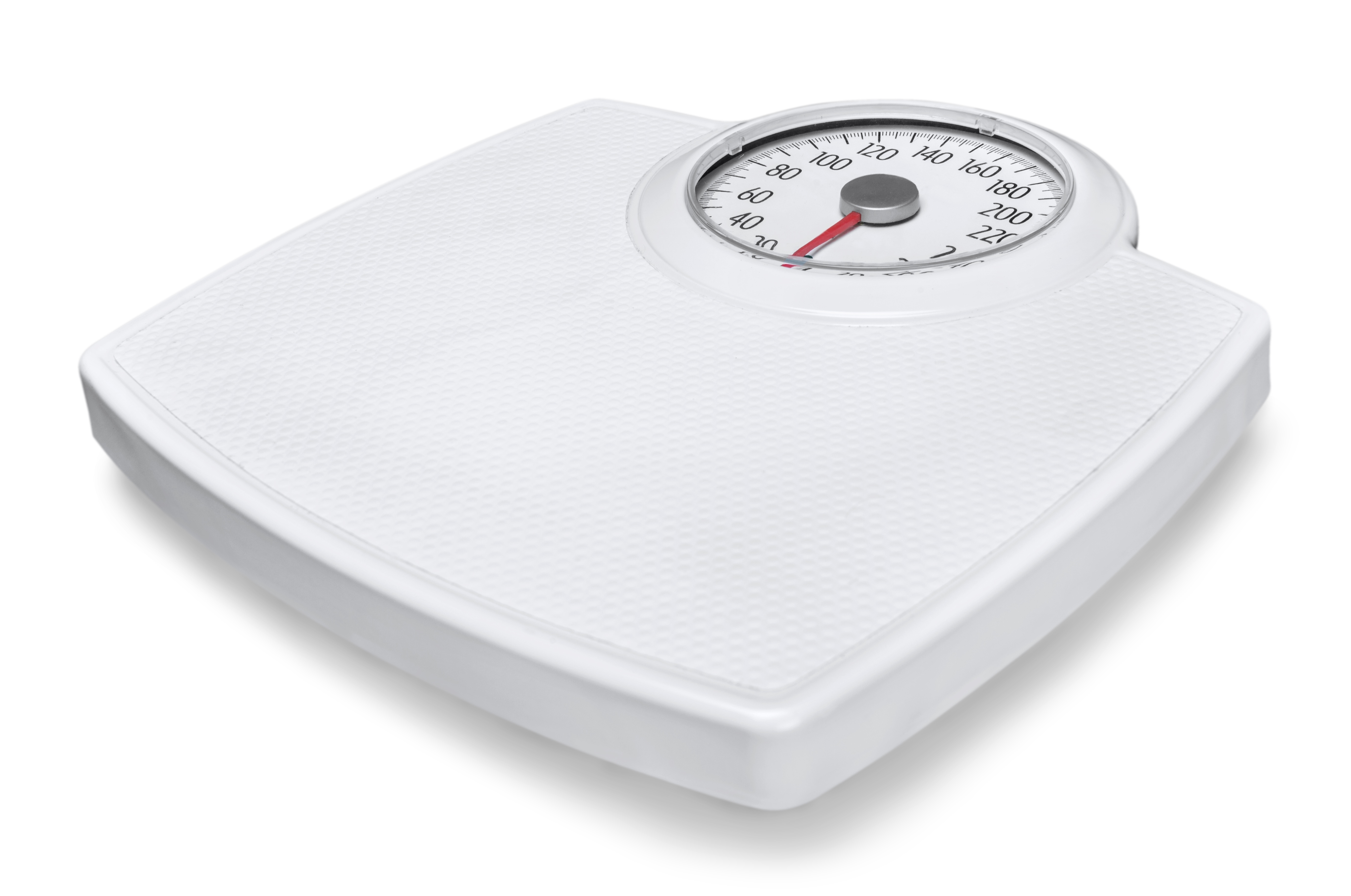Nutritional Status Shown To Predict Changes in Key Lung Test For Cystic Fibrosis Patients

In both adolescents and adults, nutritional status can play a major role in the rate of disease progression. Individuals with poor nutritional status and low weight retention are at a higher risk for worsening lung function and increased mortality. However, in light of a new study from Hospital Universitario Ramón y Cajal in Spain, it seems that patients can reverse these risk factors by gaining a healthy amount of weight.
“Nutritional status is a prognostic factor in cystic fibrosis,” wrote lead author of the study, Dr. M. Cano Megías. “Prevention of nutritional impairment and weight loss are major clinical objectives because they are associated with worsening of lung function and increased mortality.”
As explained in the article, “Association of the Relative Change in Weight and Body Mass Index with Lung Function in Teenagers and Adults with Cystic Fibrosis: Influence of Gender and Diabetes,” which was published in the Spanish journal Endocrinología y Nutrición, the research team wanted to determine if there was a relationship between changes in clinical nutrition parameters and changes in lung function. They evaluated weight, height, body mass index (BMI), and oral glucose tolerance for clinical nutrition parameters and forced expiratory volume in one second percent predicted (FEV1%) for lung function.
[adrotate banner=”1″]
When the researchers created correlation model comparing changes in weight and changes in FEV1%, they saw a positive relationship. When patients experienced a greater than 6% change in weight, there was an associated change in FEV1% of 9.31%. Conversely, when patients saw a weight loss of at least 2%, they saw a 12.09% decrease in FEV1%.
RELATED: Genetic Background May Determine Disease Severity in Cystic Fibrosis
An additional parameter that the researchers found to impact changes in lung function was diabetic status. Individuals with cystic fibrosis who had impaired fasting glucose tolerance were more likely to experience poorer lung function following a negative change in weight relative to individuals with cystic fibrosis who had normal glucose tolerance.
“In patients with cystic fibrosis, a relative weight gain is positively associated to FEV1%, while a relative weight loss of at least 2% has a significant negative impact on lung function,” concluded the authors. Patients with cystic fibrosis may therefore be encouraged to gain healthy amounts of weight to protect their lung function.







